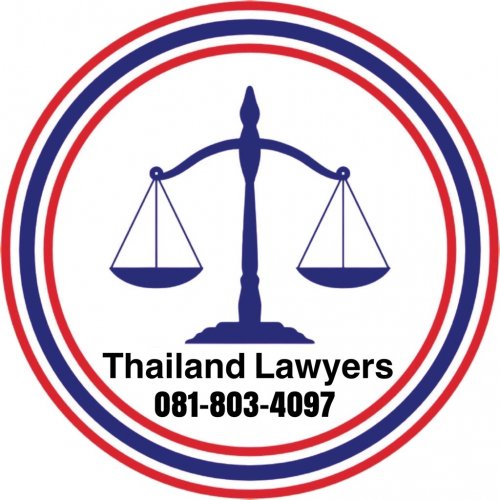Best Divorce & Separation Lawyers in Khon Kaen
Share your needs with us, get contacted by law firms.
Free. Takes 2 min.
Free Guide to Hiring a Family Lawyer
List of the best lawyers in Khon Kaen, Thailand
Thailand Divorce & Separation Legal Questions answered by Lawyers
Browse our 7 legal questions about Divorce & Separation in Thailand and the lawyer answers, or ask your own questions for free.
- Do SIN SUAN TUA and SIN SOMROS apply to all marriages?
- I read so little about SIN SUAN TUA and SIN SOMROS on the various web pages about divorce and estate divisions in Thailand, but I think they are the most important principles of matrimonial property law. My concrete question: are all marriages in Thailand subject to the SIN SUAN TUA... Read more →
-
Lawyer answer by Legal & Business Consultancy in Chiang Mai [LBC CHIANGMAI]
Dear Sir, the different between Sin Suan Tua & Sin Som Ros is much detail. I have good experience for help you separate the property at benefit side could you please tell me more detail about the property you have...
Read full answer - Divorce rights and obligations
- I am Dutch and married for 13 years with a Thai wife. Over the past 10 years we lived outside Thailand as I was an expat. From our marriage we have a daughter of 10 years and is studying at the international school. We have a house in Chiang Mai... Read more →
-
Lawyer answer by Thailand Family Law Partners (TFL)
Dear sir, please advise date of marriage, date of house registration / purchase, as well as date of the birth of your daughter. You may contact us directly at info@thailandfamilylaw.com for more information. Regards, Sittichai TFL
Read full answer - If I live abroad and a Thai court has ruled that I should pay for child support, will this be enforced?
- I believe that I should not pay child support and I want to contest this, am I obliged to pay if it has been ruled as such by a Thai court?
-
Lawyer answer
Yes, this will be enforced. If you have any property in Thailand, the court will place an order to seize your property to be sold via auction; then, the proceeds from the auction will be used for child support. If...
Read full answer
Disclaimer:
The information provided on this page is for general informational purposes only and does not constitute legal advice. While we strive to ensure the accuracy and relevance of the content, legal information may change over time, and interpretations of the law can vary. You should always consult with a qualified legal professional for advice specific to your situation. We disclaim all liability for actions taken or not taken based on the content of this page. If you believe any information is incorrect or outdated, please contact us, and we will review and update it where appropriate.









